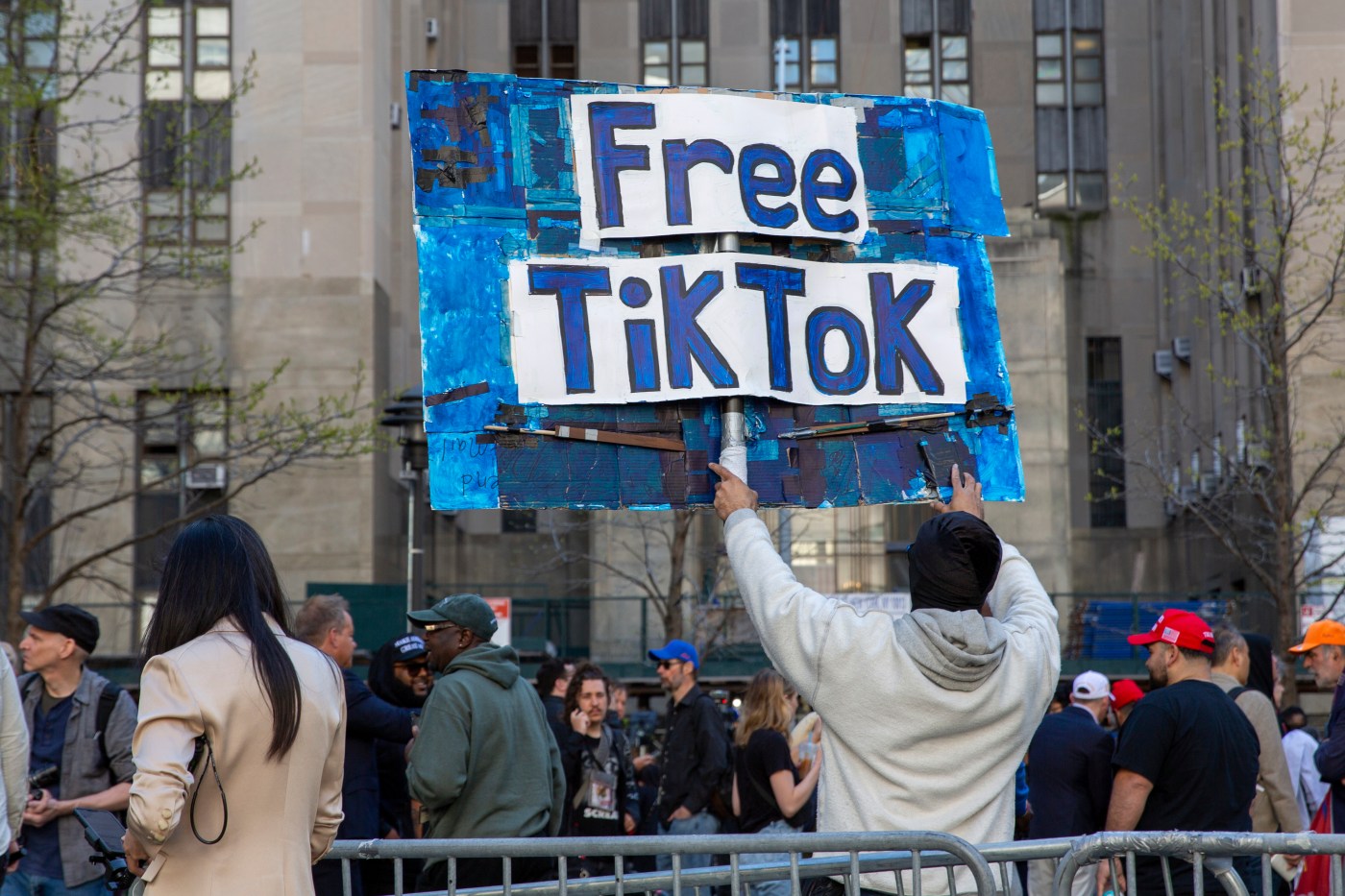
TikTokers hang in limbo: Supreme Court to hear arguments on ban later this week
Will TikTok be banned this month?
That’s the pressing question keeping creators and small business owners in anxious limbo as they await a decision that could upend their livelihoods.
The fate of the popular app will be decided by the Supreme Court, which will hear arguments on Jan. 10 over a law requiring TikTok to break ties with its Chinese-based parent company, ByteDance, or face a U.S. ban.
At the heart of the case is whether the law violates the First Amendment with TikTok and its creator allies arguing that it does. The U.S. government, which sees the platform as a national security risk, says it does not.
For creators, the TikTok doomsday scenarios are nothing new since President-elect Donald Trump first tried to ban the platform through executive order during his first term. But despite Trump’s recent statements indicating he now wants TikTok to stick around, the prospect of a ban has never been as immediate as it is now with the Supreme Court serving as the final arbiter.
If the government prevails as it did in a lower court, TikTok says it would shut down its U.S. platform by Jan. 19, leaving creators scrambling to redefine their futures.
“A lot of my other creative friends, we’re all like freaking out. But I’m staying calm,” said Gillian Johnson, who benefited financially from TikTok’s live feature and rewards program, which helped creators generate higher revenue potential by posting high-quality original content. The 22-year-old filmmaker and recent college graduate uses her TikTok earnings to help fund her equipment for projects such as camera lens and editing software for her short films “Gambit” and “Awaken! My Neighbor.”
Johnson said the idea of TikTok going away is “hard to accept.”
Many creators have taken to TikTok to voice their frustrations, grappling with the possibility that the platform they’ve invested so much in could soon disappear. Online communities risk being disrupted, and the economic fallout could especially be devastating for those who mainly depend on TikTok and have left full-time jobs to build careers and incomes around their content.
For some, the uncertainty has led them to question whether to continue creating content at all, according to Johnson, who says she knows creators who have been thinking about quitting. But Nicla Bartoli, the vice president of sales at The Influencer Marketing Factory, said the creators she has interreacted with have not been too worried since news about a potential TikTok ban has come up repeatedly over the years, and then died down.
“I believe a good chunk think it is not going to happen,” said Bartoli, whose agency works to pair influencers and brands.
It’s unclear how quickly the Supreme Court will issue a decision. But the court could act swiftly to block the law from going into effect if at least five of the nine justices deem it unconstitutional.
Trump, for his part, has already asked the justices to put a pause on the ban so he could weigh in after he takes office. In a brief — written by his pick for solicitor general — Trump called the First Amendment implications of a TikTok ban “sweeping and troubling” and said he wants a “negotiated resolution” to the issue, something the Biden administration had pursued to no avail.
According to a report by Goldman Sachs, the so-called creator economy, which has been fueled in part by TikTok, could be worth $480 billion by 2027.
If the Supreme Court does not delay the ban, as Trump is asking them to do, app stores and internet service providers would be required to stop providing service to TikTok by Jan. 19. That means anyone who doesn’t have TikTok on their phone would be unable to download it. TikTok users would continue to have access, but the prohibitions — which will prevent them from updating the app — will eventually make the app “unworkable,” the Justice Department has said.

